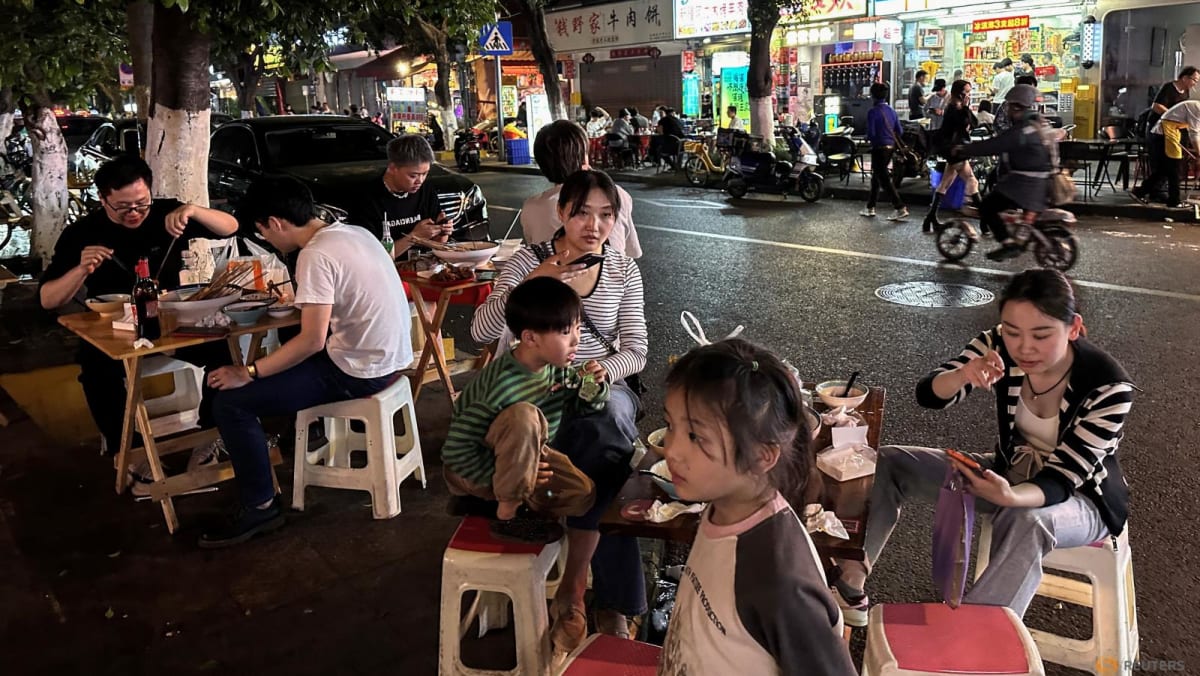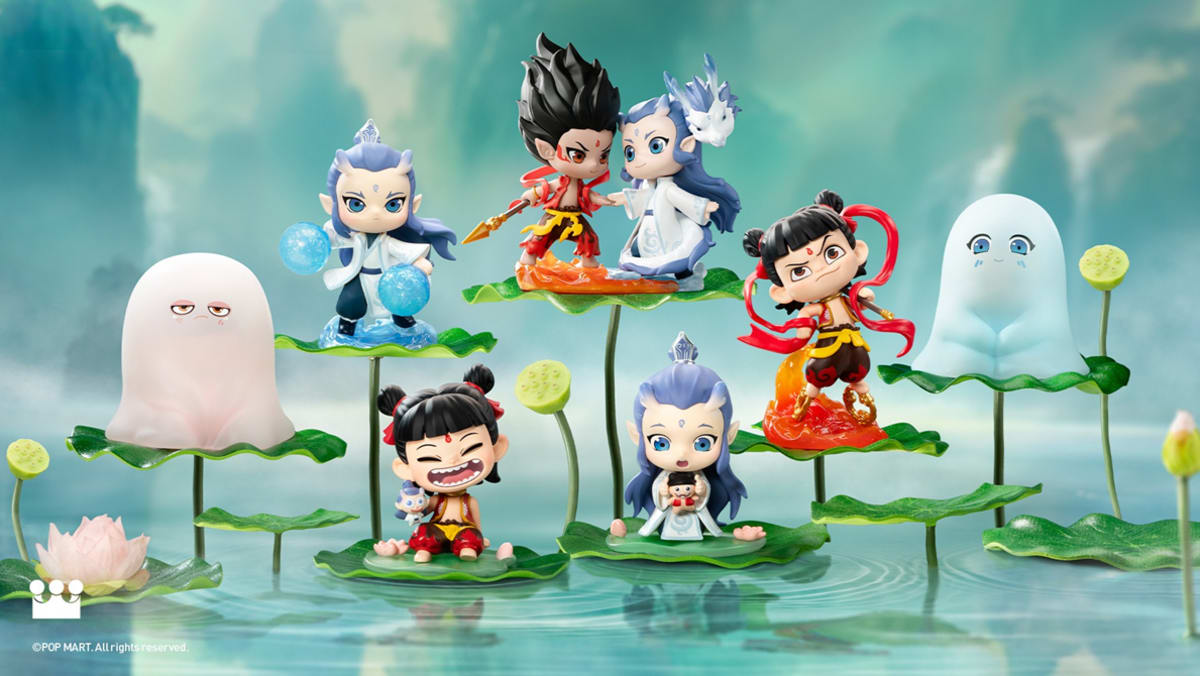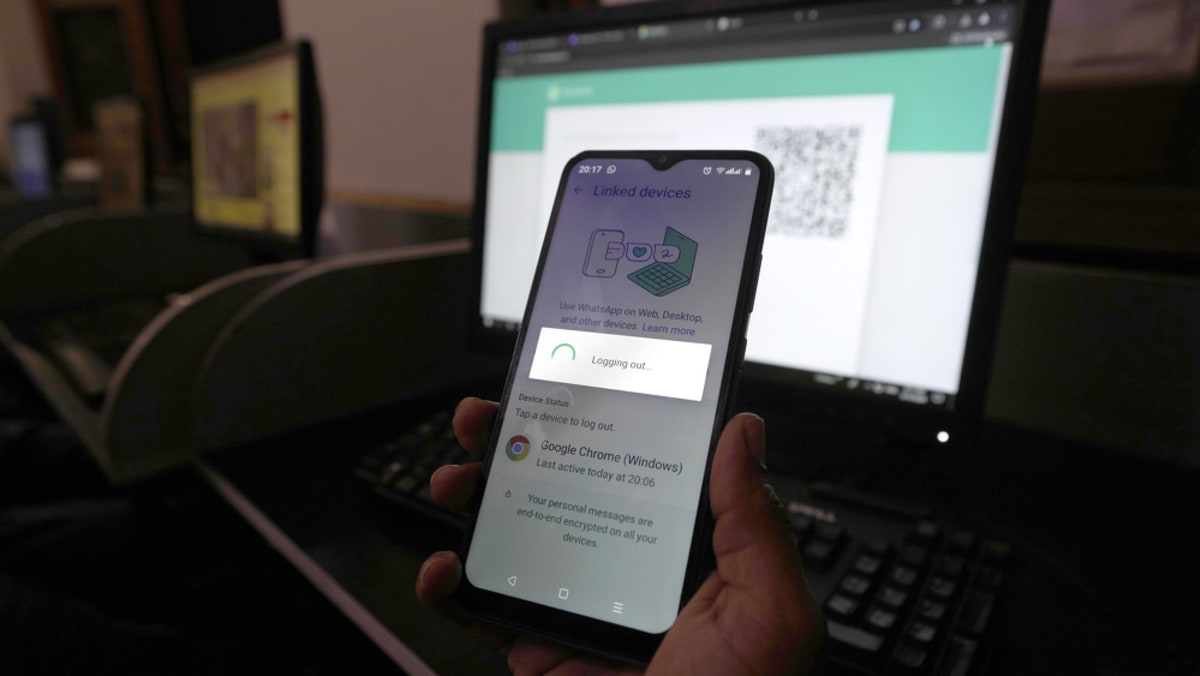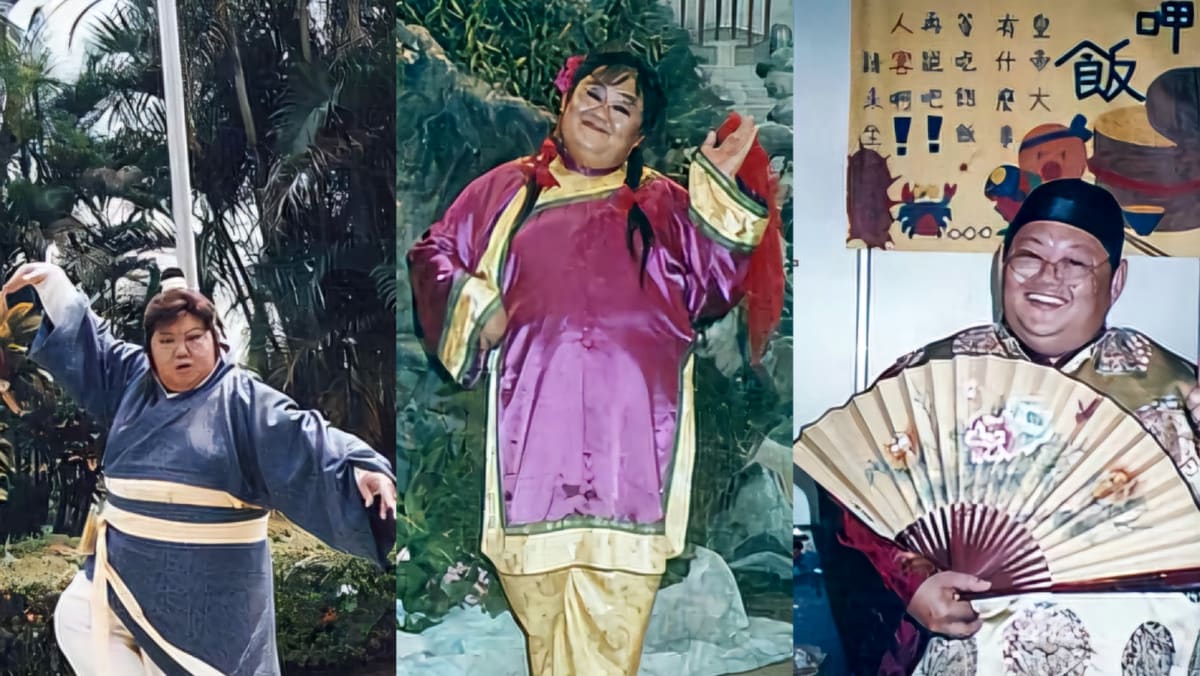LANGKAWI: Malaysia’s e-commerce platforms must cease advertisements promoting the sale of “eyeball-shaped” gummy candies, following a Health Ministry order in the wake of the death of a 10-year-old boy who allegedly choked on the confection.
This follows an earlier directive by the ministry to ban the sale of the sweets last Friday (Feb 21).
Health Minister Dzulkefly Ahmad said that his ministry has identified 86 advertisement links on shopping platforms Shopee and TikTok, according to local media. The ministry’s Food Safety and Quality Division has also instructed these platforms to take down the advertisements on Sunday morning.
“We also instructed district health officers across the country to conduct enforcement on physical premises and seize remaining products being sold,” Dzulkefly said after launching an event in Langkawi on Sunday, as quoted by local news agency Bernama.
The ministry had previously announced a ban on the sale of “eyeball-shaped” gummy candies on all online platforms and in the domestic market after investigations found that the product had breached the labelling requirements under the Food Regulations 1985 of the Food Act 1983 (Act 281).
On Thursday, 10-year-old Fahmi Hafiz Fakhruddin died at the Penang Hospital’s intensive care unit after allegedly choking on the gummy candy two days earlier.
The Year Four student from Sekolah Kebangsaan Sungai Dua in Butterworth had reportedly bought the candy outside his school before attending his religious class.
Fahmi was left in a critical condition and died in hospital on Thursday night.
“Malaysian law mandates that ‘controlled jelly confectionery’ with a diameter of 45mm or less must carry a choking hazard warning, especially for children under three,” read the statement by the health ministry on Friday.
The Penang Health Department then seized the “Gummy Original Basketball Soft Candy” product from a shop in the Jalan Sungai Dua area following his death.
Penang’s State Health and Sports Committee chairman Daniel Gooi Zi Sen confirmed that the seizure followed an inspection by enforcement officers at stalls near a school, with initial investigations suggesting that Fahmi had purchased the candy from one of the stalls, Bernama reported.
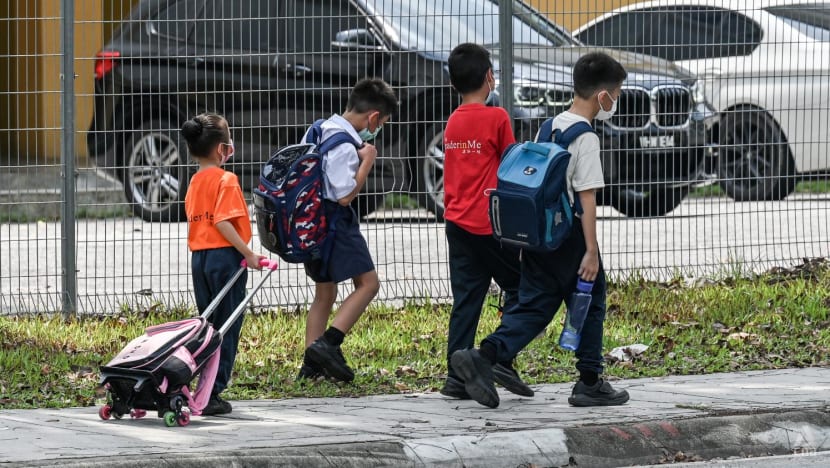 Students in Selangor, Malaysia walk home after their school session ended on May 3, 2023. (Photo: CNA/Fadza Ishak)
Students in Selangor, Malaysia walk home after their school session ended on May 3, 2023. (Photo: CNA/Fadza Ishak)
Gooi also urged parents to be more vigilant in monitoring their children’s food choices, especially items that pose choking risks.
Following the incident, the Education Ministry also directed schools to immediately report vendors selling food and drinks outside their premises, and to work together with local authorities in monitoring and regulating its sales, local media reported.
“Although the ministry does not have direct jurisdiction over vendors operating outside school premises, incidents like these and their impact on student safety must be taken seriously,” the ministry’s director-general Azman Adnan said in a statement on Thursday, as quoted by Bernama.
In a circular to state education department directors, the Education Ministry also reiterated that the sale of food and drinks outside school gates is restricted under guidelines issued in 2021.
Under the guidelines, vendors are prohibited from selling food and drinks within a 40m radius of school gates and local councils are responsible for enforcing this regulation, Free Malaysia Today reported.
Experts and relevant organisations are also advocating for stricter law enforcement, highlighting the importance of education and awareness campaigns on the dangers of certain food products, Bernama reported.
Malaysian Paediatric Association president Mohamad Ikram Ilias said parents should learn from the incident involving the 10-year-old boy in Penang as it highlights the importance of monitoring children’s food choices, especially when selecting snacks.
“Chewy candies, such as gummies, can pose a choking hazard, particularly for young children. Therefore, parents and guardians are advised to monitor the food provided to their children, ensuring it is safe and appropriate for consumption,” he told Bernama in a report on Saturday.



